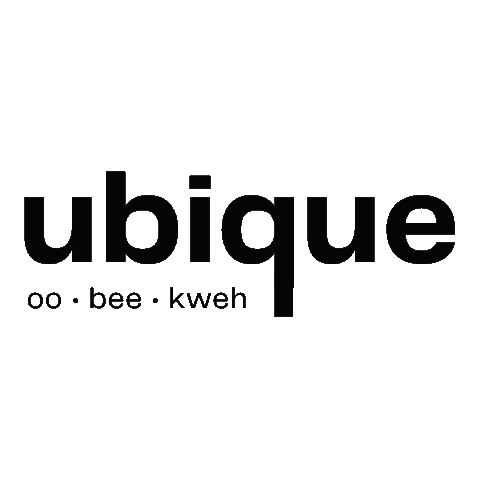Into the Unknown!
The Unknown of a Teacher.
By Heba Ahmed
Monica Chetty’s reputation is the most important thing to her, she’s not a person to mess with. Don’t worry though, because underneath she’s a sweetheart.
Monica Chetty, also known as Ms. Chetty, by her students, is a History and Geography teacher at The University High School. She is incredibly dedicated and achieves whatever she sets her mind to. Ms. Chetty has been teaching at Uni High for a very long time and has now become an important figure in the lives of so many students.
Ms. Chetty comes from a village background in Fiji, she wasn’t that poor, though her and her village worked together to build their home. Ms. Chetty has many achievements in her life that she will treasure forever.
Introduce Yourself!
I’m Monica Chetty, I’ve been teaching at Uni High since 1989, [and have] been a teacher since 1981. I think the biggest fun fact is my reputation, and generally my reputation is that Ms. Chetty is very mean but at the same time she’s also very nice.
My children are really grown up and left home 30 years ago, my oldest daughter is 40 and my youngest daughter is 38. My biggest pleasure at home is gardening and I grow a lot of flowers but also I’m efficient in vegetables.
I also do a lot of physical activities like yoga and swimming and walking so I’m very busy. I lost my dog a few years ago but I share my daughter's dog right now.
If money was no object, what would you have in your classroom and why?
In my classroom, I would most likely try to make things more equal. Let all students have access to technology and also my other thing about children/students is that they have enough to eat. So if they have got breakfast/lunch at school then energy levels would be high. I would run a school lunch club even though Uni High is trying to get the breakfast club going. I feel that that is the biggest thing I’m involved with social justice, to see that all students are able to thrive.
What superpower would you have and why?
I would have a super power that looks at the major issues around us and it’s predominantly to do with equality. Equality in terms of getting to see young people to reach their full potential and getting to see them deal with issues around their lives.
Describe a time when you worked with a team to accomplish something?
Well with teaching you kind of work with teams all the time and (and um) I find (and), it wasn’t like this years ago but the recent trend is to work in teams. I think (um) one of the teams I enjoyed working with a while ago is when (um) we had a grant from (um) Victorian Health. These teachers have now left but we formed a team where we did a lot of cultural projects at school and (and) worked on projects to do with cultural diversity. [We] ran a lot of assemblies and workshops and music and dancing and (um) fashion parades and a lot of celebrations.
[That] was something I look back on and think was a great achievement. It was 10 years ago [but other than that] we do teams everyday. We have teams with the students but also with the teachers [such as] the year 7 team, the year 8 team in the faculty. There’s also a lot of sharing on google drive, [but] formally when we sit and have lunch we [form ideas] we share that way as well.
When did you decide to become a teacher and when did you start your journey?
I lived in Fiji until I was 30 and I got a scholarship to go to boarding school, and then I got a scholarship to go to medical school. I did 1 year of medicine and then I decided, as much as I love science, I decided it wasn’t for me so I switched in 1976 to an arts degree and then decided to do education. I started teaching in Fiji but meanwhile I got married and had 2 children but I also started doing my post grad.
I was still doing my post grad when I migrated to Australia and then did a masters in women’s studies at Melbourne Uni, and then continued teaching at Uni High, and then I did a degree in languages and teaching Indonesian for 4 years part time.
It’s been a journey and in the midst of that I raised 2 children who are big, strong women now, big in the sense that they’re just like their Mother. One of my girls works for the refugees, she represents them as a lawyer to get them through court systems and the other one works for beyond group, she does programs that are implemented for mental health. We have a variety of jobs we do.
Authors note!
Thank you very much Ms. Chetty for allowing me to interview you. It was a huge honour and I hope everybody got to know more about her.


